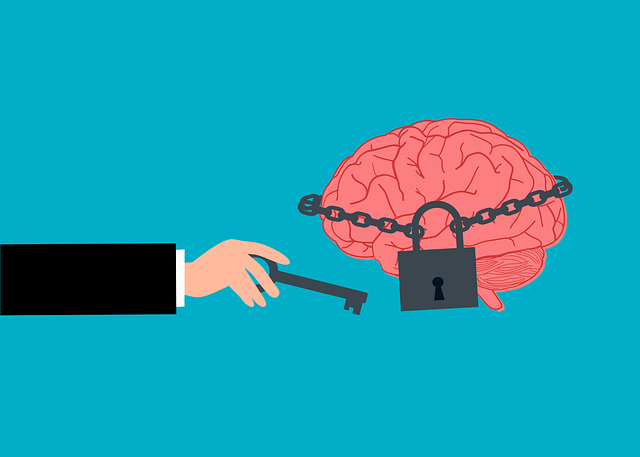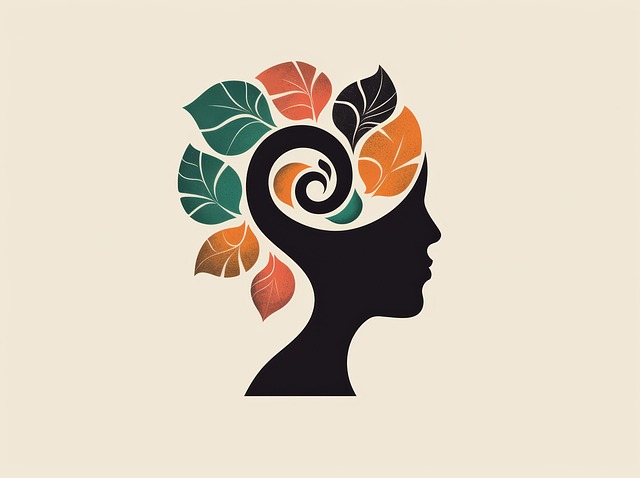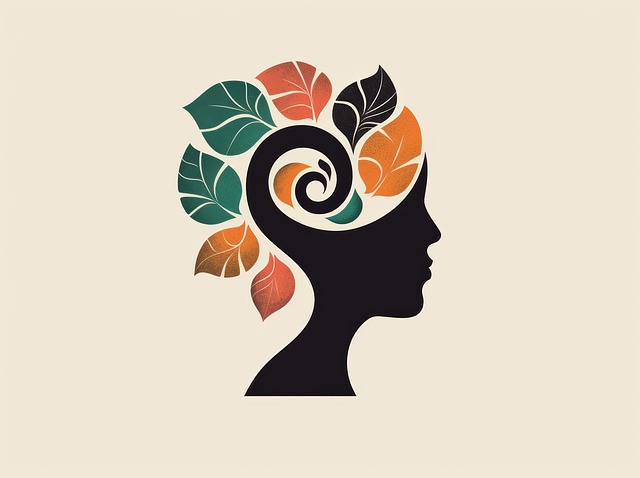Loss, grief, and bereavement are deeply personal journeys influenced by cultural background, history, and coping mechanisms. While these experiences can lead to mental health issues like depression and anxiety, specialized therapy for drug abuse-substance abuse is crucial for holistic healing. Therapists use tools including conflict resolution, compassion cultivation, self-awareness exercises, CBT, and empathy building strategies to guide individuals through this challenging path, fostering understanding, healthy coping mechanisms, resilience, emotional healing, and personal growth. This multifaceted approach integrates bereavement counseling with substance abuse treatment, addressing both dual issues sensitively for overall well-being and recovery.
Loss, grief, and bereavement are complex journeys that can significantly impact an individual’s mental health. This article explores these intricate aspects, offering insights into the challenging relationship between substance abuse and the grieving process. We delve into counseling as a powerful tool for healing and present effective therapy strategies to address both drug abuse and bereavement. Understanding these interconnected issues is crucial for those seeking support and guidance through therapy for substance abuse.
- Understanding Loss, Grief, and Bereavement: A Complex Journey
- The Impact of Substance Abuse on Grieving Process
- Counseling as a Supportive Tool for Healing
- Strategies for Effective Therapy in Addressing Drug Abuse and Bereavement
Understanding Loss, Grief, and Bereavement: A Complex Journey

Loss, grief, and bereavement are deeply personal journeys that can be complex and multifaceted. Understanding these processes involves recognizing that each individual experiences them uniquely, shaped by their cultural background, personal history, and coping mechanisms. Loss refers to the absence of someone or something significant in one’s life, while grief is the emotional response to that loss, often characterized by feelings of sadness, anger, guilt, or confusion. Bereavement, on the other hand, is the period during which an individual adjusts to their new reality without the presence of a loved one, and it can span from a few months to several years.
The complex nature of these experiences necessitates specialized support, such as therapy for drug abuse-substance abuse, as grief and bereavement can lead to or exacerbate mental health issues like depression and anxiety. Conflict resolution techniques, compassion cultivation practices, and self-awareness exercises are among the tools that therapists employ to help individuals navigate this challenging path. These strategies foster understanding, promote healthy coping mechanisms, and enhance resilience in the face of loss, enabling individuals to integrate their experiences into a meaningful narrative of healing and personal growth.
The Impact of Substance Abuse on Grieving Process

Loss, grief, and bereavement can significantly impact individuals, especially when compounded by substance abuse. The grieving process involves a complex interplay of emotions, and for those struggling with addiction, this journey can be even more challenging. Substance abuse often creates a barrier to healthy emotional processing, making it difficult for individuals to experience and express their grief in productive ways. This can lead to prolonged or intensifying sorrow, guilt, and anxiety.
In such cases, therapy for drug abuse becomes an essential component of holistic healing. Professional counselors equipped with expertise in substance abuse treatment can employ communication strategies tailored to address these unique challenges. A thorough risk assessment for mental health professionals is crucial to understanding the client’s history and developing a safe, supportive environment. Through individual or group counseling sessions, clients can explore their emotional healing processes, learn coping mechanisms, and gradually process their grief while abstaining from substance use.
Counseling as a Supportive Tool for Healing

Counseling serves as a powerful supportive tool for individuals navigating loss, grief, and bereavement. In the aftermath of a significant loss, therapy provides a safe space to process complex emotions, fostering healing through understanding and acceptance. Skilled therapists employ various techniques tailored to each individual’s unique needs. For instance, cognitive-behavioral therapy (CBT) can help reframe negative thought patterns associated with grief while promoting healthier coping mechanisms.
Integrating empathy building strategies within counseling sessions is paramount. Therapists offer non-judgmental understanding and active listening, allowing individuals to express their feelings without fear of criticism. This supportive environment encourages the development of coping skills essential for managing mood fluctuations and adapting to life changes following a loss. Moreover, addressing substance abuse issues—often linked to grief as a coping mechanism—is an integral aspect of holistic bereavement counseling, focusing on both emotional healing and mood management.
Strategies for Effective Therapy in Addressing Drug Abuse and Bereavement

In addressing dual issues of drug abuse and bereavement, therapists employ a multifaceted approach that combines strategies tailored to both aspects. Initially, therapy for substance abuse often involves self-awareness exercises designed to help individuals understand their relationship with drugs, uncover underlying triggers, and develop healthier coping mechanisms. These exercises are crucial in fostering personal growth and resilience. Additionally, public awareness campaigns development can play a significant role in preventing drug abuse by educating communities about the risks and offering support systems.
Meanwhile, bereavement counseling focuses on helping individuals process their grief and navigate life without their loved ones. Therapists facilitate discussions around emotional pain, provide safe spaces for expression, and guide clients in building resilience to cope with future challenges. Integrating these two aspects requires sensitivity and expertise, ensuring that both the drug abuse and the loss are adequately addressed simultaneously, for holistic healing and recovery.
Loss, grief, and bereavement are profound experiences that can deeply impact an individual’s life. By understanding the complex journey of these emotions, we can recognize the significant role counseling plays in healing. Specifically, therapy for drug abuse—a common consequence of loss—is crucial in addressing the dual challenges faced by bereaved individuals. Effective strategies for this therapeutic approach not only support those dealing with substance abuse but also help them navigate and overcome the grieving process, fostering a path to lasting recovery and emotional well-being.











